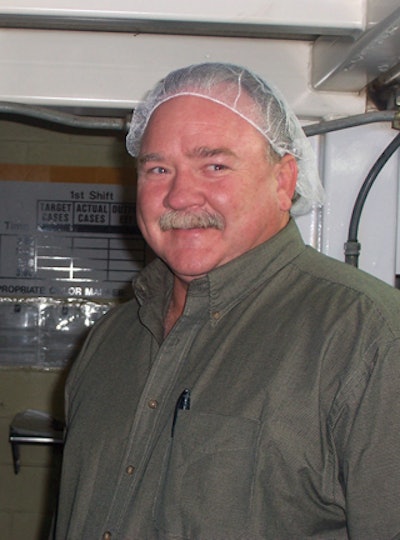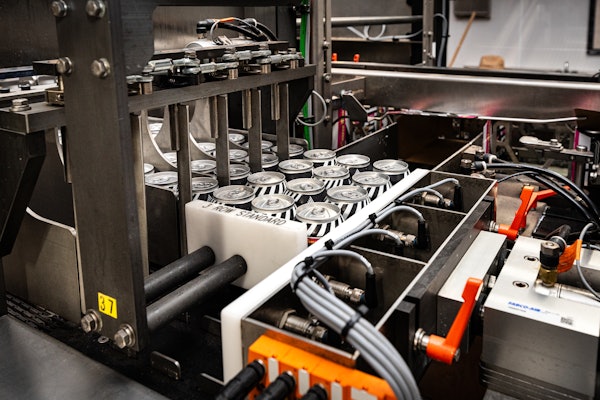Packaging World: When it comes to new packaging equipment installed at Lance, how would you describe your approach to training?
Toby Strickland:
Our project development process involves everyone affected by the project, with special attention paid to the operators and service personnel. In addition to the operational training to maximize efficiency, we focus our training efforts on personal safety, food safety, package quality, maintenance, and making sure we understand all the features and functions available on today’s high-tech equipment. On each project we strive to involve our operators and service personnel in training sessions at the manufacturer prior to shipment of the equipment and continue the training on site during startups and commissioning.
Is there anything about today’s packaging equipment that makes training more important or more complicated than it might have been in the past?
Technology has pushed packaging machinery well past a simple machine that puts a product into a package. With on-board diagnostics, on-board troubleshooting guides, on-board maintenance manuals, data collection, and networking, today’s packaging machinery has become its own QC lab, production reporter, maintenance scheduler, and efficiency tracker. It is imperative that operators, service personnel, and supervisors are able to utilize these features to maximize the effectiveness of each piece of machinery in a system.
Considering today’s aging automation workforce, does the need to invest in training take on greater urgency?
When packaging machinery began to make the transition from purely mechanical to mechanical/controls-based platforms, we recognized that retraining operators and service personnel was crucial. Retraining the traditional mechanical/electrical service techs and adding some controls techs was challenging, but we have successfully incorporated these positions into our training programs. Today’s younger and more computer literate workforce is quite adept at understanding the controls side of the process, but training is just as critical for the individuals in the areas of personal safety, packaging philosophy, quality, food safety, and equipment optimization.






















